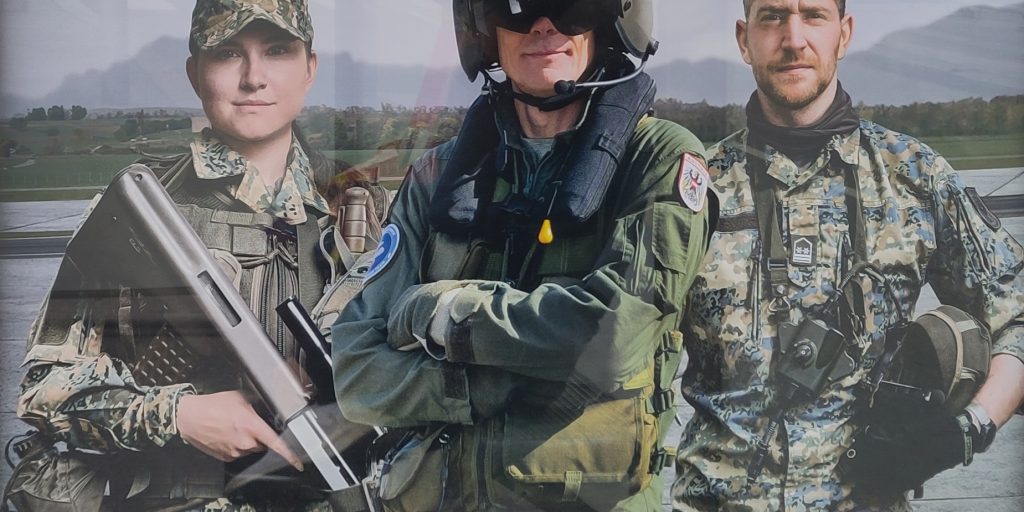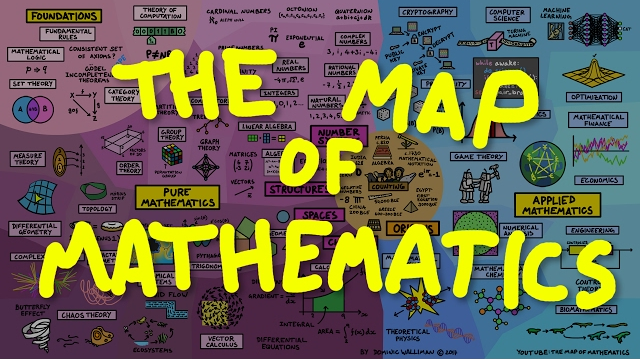
Bundesheer poster, Vienna, 30 November 2024. Picture by Sarah Waring
The poster wanted a double take: three action-ready figures wearing fatigues might have simply been promoting a movie quite than the Armed Forces. Having by no means seen army propaganda on the streets of impartial Austria, I took a fast reference picture. That was over six months in the past when solely outlying politicians had been touting statements over European mobilization – earlier than that’s J. D. Vance lectured Europe that it ought to not depend on US defence.
Now European states are more and more sparring over army spending. In circulating their ‘manifesto’ for de-escalation, former main members of Germany’s SPD have challenged the collation authorities’s proposal to speculate closely within the Bundeswehr. Their warning in opposition to an ‘arms race’, advocating for a ‘gradual return to easing relations and cooperation with Russia’, smacks of remnant Ostpolitik regardless of failed commerce relations with an overtly imperialist adversary. ‘How anybody may even think about nearer cooperation with Russia at this stage is totally disconcerting,’ responded Boris Pistorius, SPD Defence Minister, throughout a go to to Kyiv.
Demilitarization or mobilization
Given political polarization, one would suppose that demilitarization and mobilization have little in widespread. And but studying Nela Porobić Isaković’s stance in opposition to neoliberal armament alongside Angelina Kariakina and Nataliya Gumenyuk’s argument for autonomous enlistment offers a shocking parallel.
Each articles underline the failure of societies to acknowledge the company of civilian ladies in struggle. Having lived by means of the Bosnian Struggle, Porobić Isaković asserts, ‘there may be the patriarchal assumption that it’s masculine (and thus valued) to be the gun-wielding “protector”, and that girls and different feminised teams are “victims” with out company (and thus devalued).’ Kariakina and Gumenyuk, reporting on Ukraine’s ongoing want for troops, observe how ‘recruitment communication targets potential conscripts, however households – wives, mother and father – usually have the ultimate say.’ Acknowledging the significance of matriarchal political company flips the custom gender roles that struggle in any other case perpetuates.
Overcoming silence
On a panel discussing the right way to keep away from dangers when documenting witness testaments at The Most Documented Struggle symposium in Lviv final month, EUROCLIO advisor Nena Močnik spoke about contextual discrepancies. Having labored with survivors of sexual violence from the Bosnian Struggle, she was requested to advise on documenting testimonies in Bucha, Ukraine. The intention was to be taught from developmental practices cautious of retraumatizing witnesses, particularly given the long-term lack of felony proceedings in Bosnia and Herzegovina. ‘Transferring data from one context to a different doesn’t actually work,’ mentioned Močnik – her assertion reflecting the symposium’s excessive stage of candid dialogue all through.
In line with Močnik, one side of witness communication that does translate, nonetheless, is silence. The moments when an interviewee doesn’t reply on to a query may be essentially the most telling: ‘Survivors of struggle crimes use silence to guard themselves and, subsequently, it speaks very loudly’ – one more reversal of the dominant perceptions of wartime company, the place a press release is taken into account evidential.
Talking on a panel assessing documentary proof’s position in looking for justice, Nataliya Gumenyuk additionally described different technique of acknowledging trauma. The journalist is absolutely conscious of her duty to witnesses: ‘Don’t steal folks’s tales with out writing about them,’ she warns. ‘The girl whose husband was tortured doesn’t anticipate his killer to be discovered however desires folks to know what occurred.’
A lot of the symposium tackled the right way to maximise proof in all its diverse varieties, anticipating to search out justice not simply within the Hague however by way of diverse types of documentation. The Reckoning Venture, involving Gumenyuk and Kariakina, which has filed a felony grievance relating to torture in occupied Ukraine within the Republic of Argentina, reveals simply how critically these journalists take worldwide courtroom proceedings. Nonetheless, Gumenyuk additionally emphasizes the excessive worth of delivering proof that received’t attain a courtroom of legislation by different means. Anecdotally, she recounts a lawyer who acknowledges that their occupation has its limitations: ‘books and movies are higher.’ After which Gumenyuk paraphrases Salman Rushdie from one other occasion she participated in: ‘I’m not a sufferer anymore, he’s only a character in my e book.’
Rejecting the phantasm
Important will not be prematurely dramatizing struggle, nonetheless. Nena Močnik considerations relating to overcoming trauma acknowledge the significance of time passing. ‘Talking of the right way to take care of restoration is tough and dangerous, as a result of we don’t know when the struggle will finish and the way,’ she mentioned.
Equally essential will not be retreating right into a fictional, protecting bubble, pretending that Russia isn’t waging struggle in Europe. As Jaroslava Barbieri, co-author of the mobilization research informing Kariakina and Gumenyuk’s article, warns: ‘As we speak, Europe must have an trustworthy and constant dialog with its societies about the truth that struggle is already right here, to reject the phantasm that persons are secure, and to lastly abandon the previous political methods that attempted to incorporate Russia within the European safety structure.’




